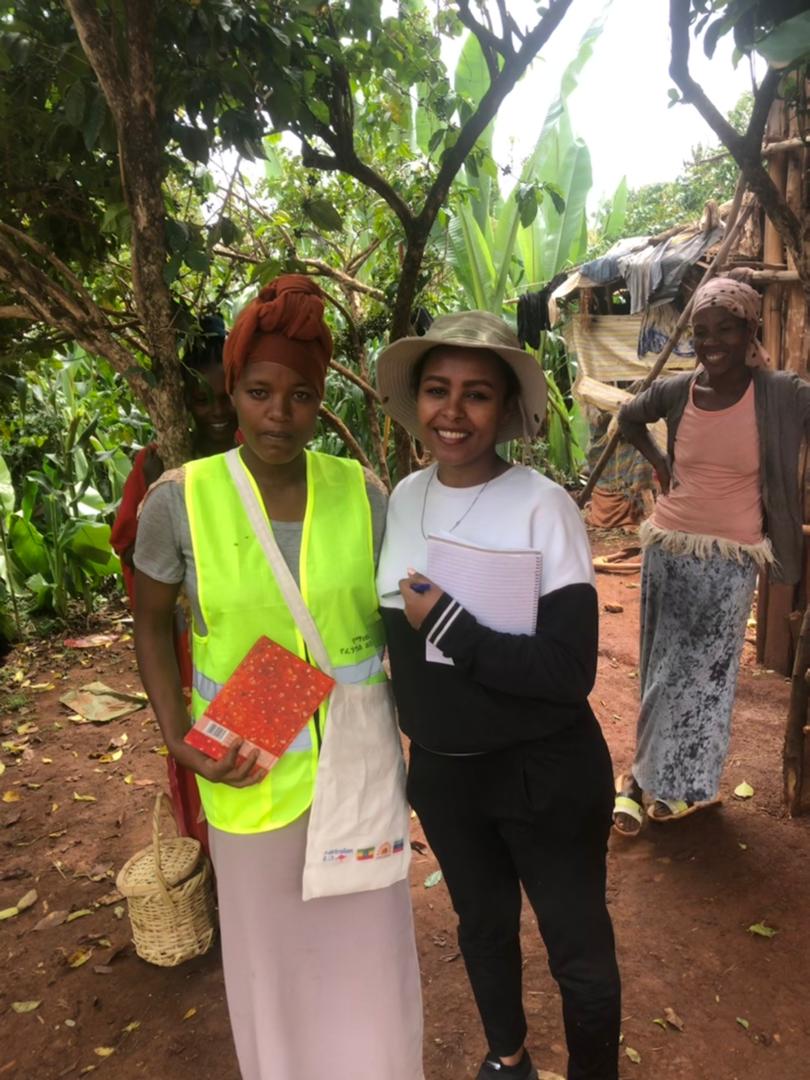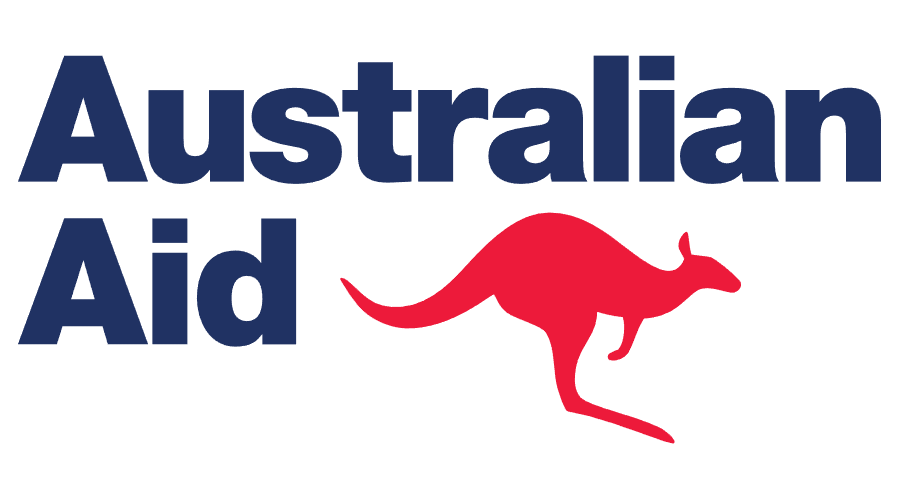Supporting Gender Empowerment in Animal Health Delivery in Ethiopia
Village poultry hold significant socioeconomic importance for landless youth and women in rural Africa. Newcastle disease (ND) – the most infectious poultry disease worldwide – greatly impacts improved production at household level. Kyeema Foundation is working with the African Union (AU) Pan-African Veterinary Vaccine Centre, to improve food and nutrition security and livelihoods in selected AU Member States through establishment of improved village poultry production and health learning programs for animal health personnel.
A specific focus is the creation of female-led programs empowering women in sustainable ND control. Ethiopian Master Trainer Dr Etsegenet Tekeba has been integral to trialing a model of public-private partnership for poultry health in the country. She is working with the National Veterinary Institute who make the thermotolerant ND I-2 vaccine, to distribute it to private Veterinary Vendors and linked Community Vaccinators who sell to rural households as a small business. Since completion of the National MT course in 2021, Dr Tekeba supervised the training of 51 community vaccinators (72.5 %female) and 29 Kebele Animal Health Assistants (17 % female) in sustainable ND vaccination campaigns with a local Animal Health expert and Veterinary Vendor who translated the training in the local language. She also helped organize training seminars for 123 veterinary students (23.4 % female) and staff at Addis Ababa University (AAU) and facilitated discussions with AAU and the Ethiopian Veterinary Association about developing continued professional development courses for poultry health and production.
Dr Tekeba explains –
Dr Etsegenet Tekeba with a female veterinary vaccinator she trained in Aleta Chuko, Sidama region.
Photo credit: Kyeema Ethiopia.
“When women are making decisions about where money is spent from more productive livestock, they tend to support increased household consumption of eggs, meat and more diverse foods. When female household heads can relate to female animal health workers who well understand their challenges and priorities, effects are multiplied.”
We acknowledge the support of the Australian Government through the Australian NGO Cooperation Program (ANCP) for this project.




